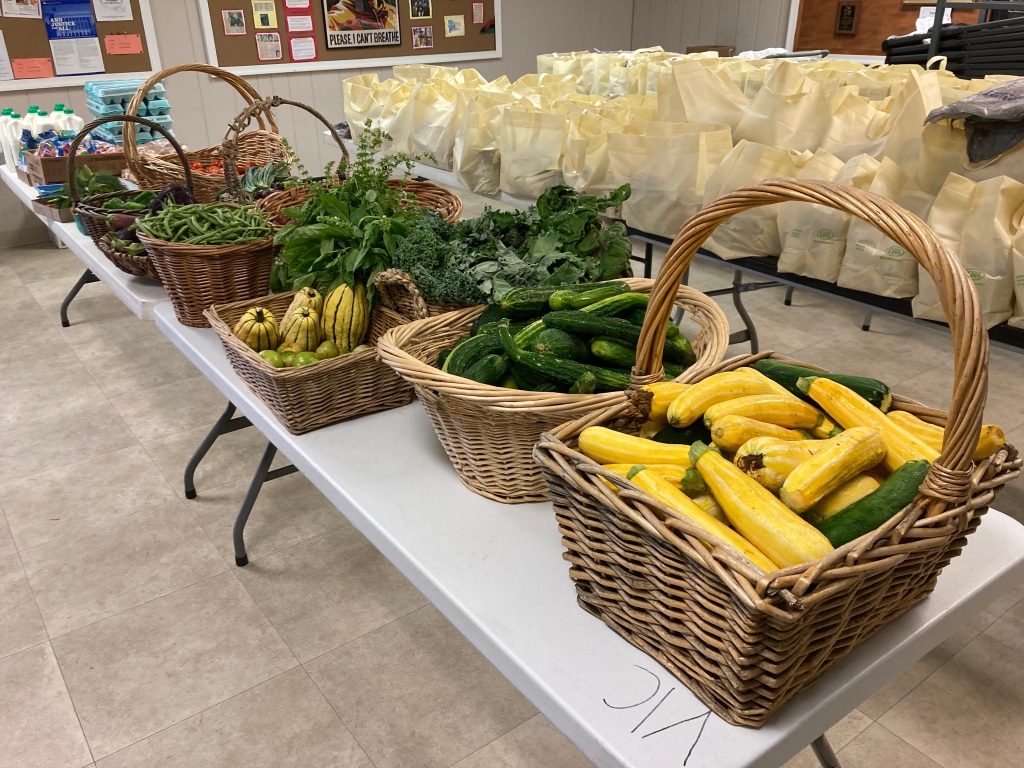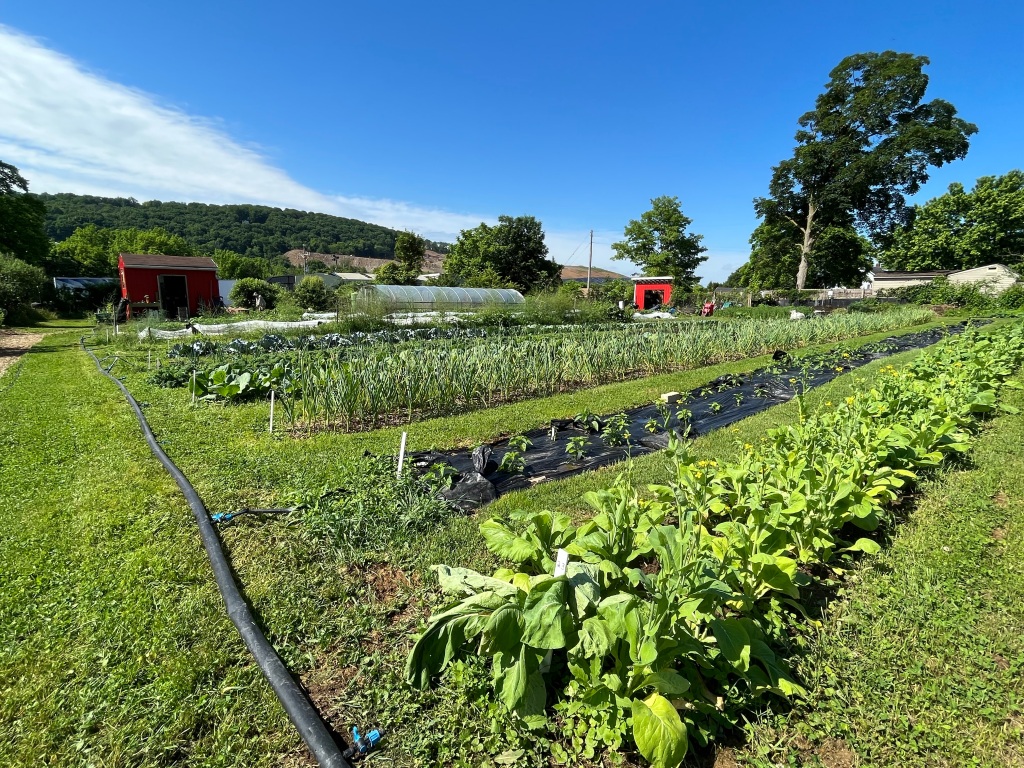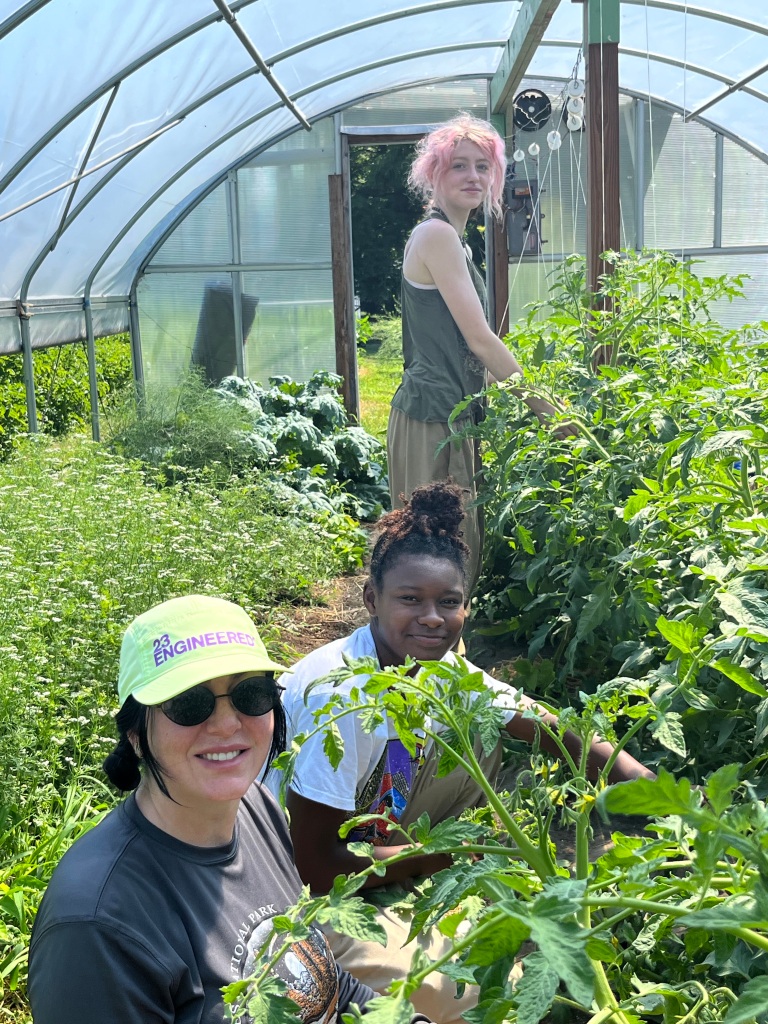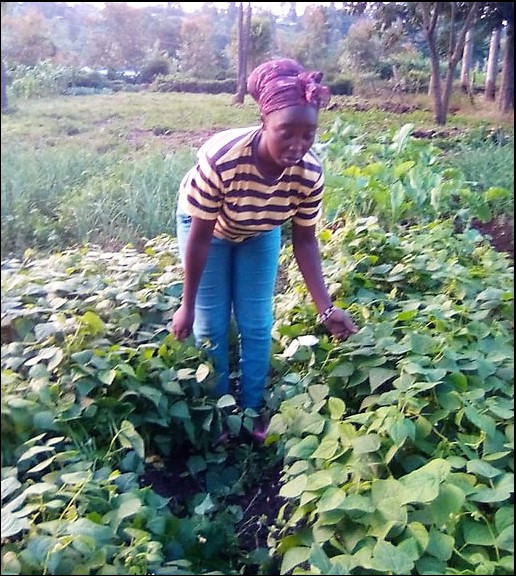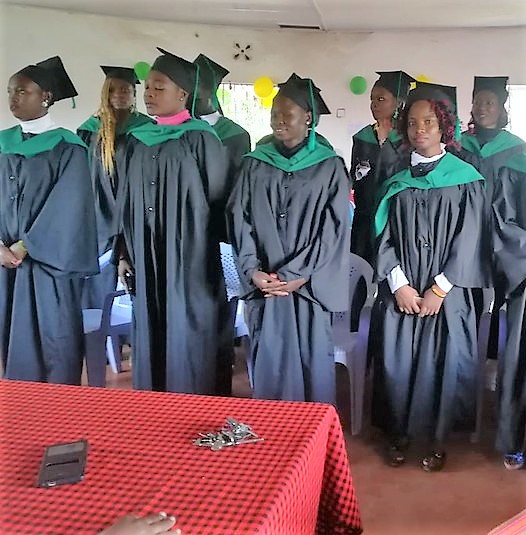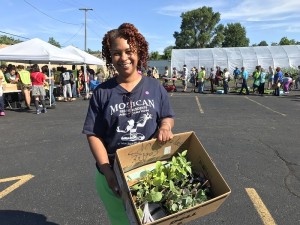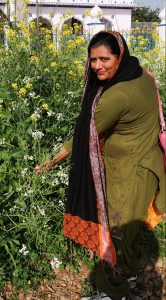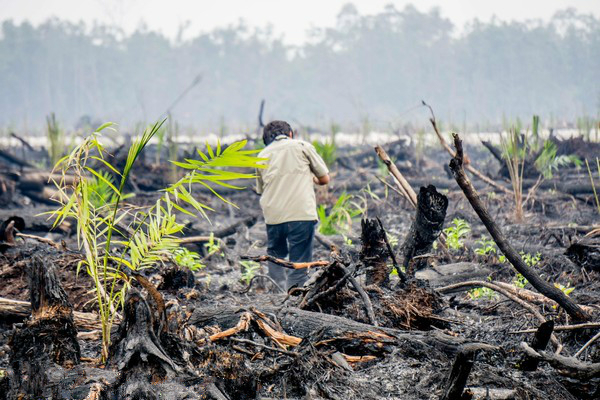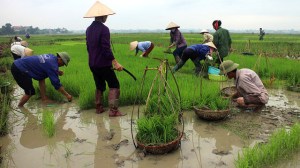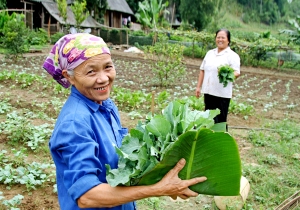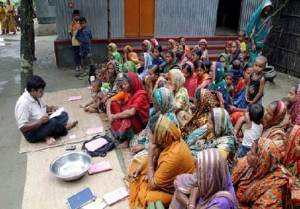Charles W. Elliott
One would not expect the lowly seed to be the object of international controversy. But converging forces — some malign, others benign – have placed food crop seeds into the center of clashing visions of the future of agriculture and the place of smallholder farming in Africa. At issue is control over how seeds are owned, saved, and planted, with implications for the survival of smallholder farms, food crop biodiversity, and the resilience of global food supply in the face of climate change.
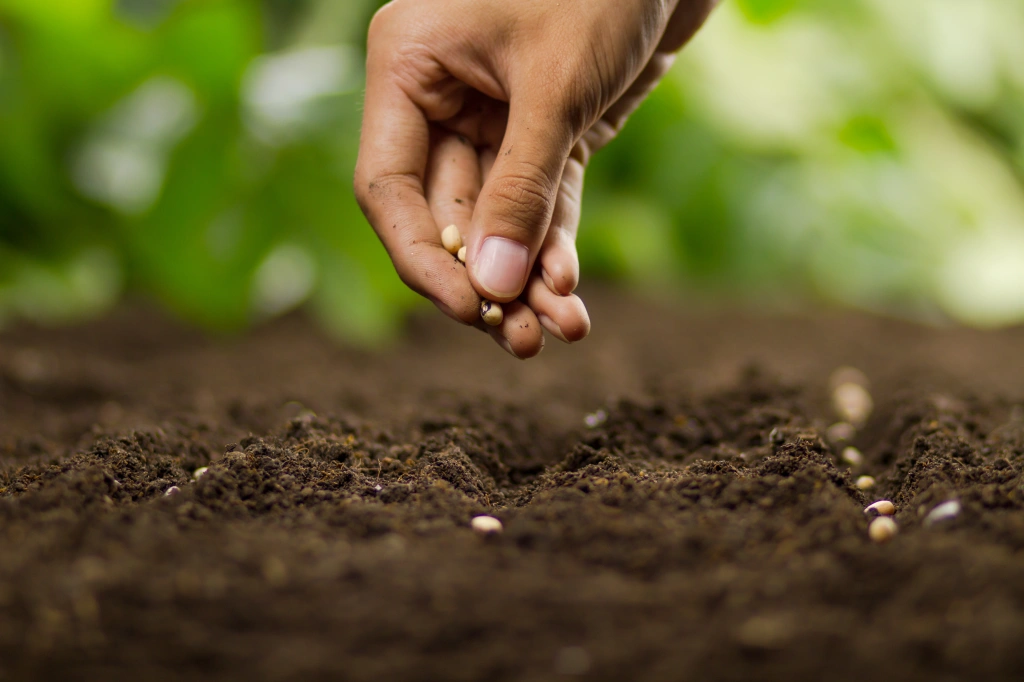
Earlier this year, the African Union adopted a free trade protocol that will dictate how food is cultivated and how the seeds of life are managed and owned across the entire African continent. Under this document, with its dry and innocuous-sounding title, “Protocol to the Agreement Establishing the African Continental Free Trade Area on Intellectual Property Rights”, 1 all 54 African nations will be locked “into a proprietary and punitive model of food cultivation, one that aims to supplant farmer traditions and practices that have endured on the continent for millennia.” Alexander Zaitchik, The New Colonialist Food Economy, The Nation, September 18, 2023, https://www.thenation.com/article/world/new-colonialist-food-economy.
The new protocol, together with other agreements designed to advance the interests of industrial agriculture, biotechnology firms, and large agri-business corporations, creates a system that will pressure African farmers to use genetically-modified seeds protected by intellectual property rights in place of the ancient foundation of human agriculture: the heritage of planting self-replicating seeds from nature’s bounty.2
According to Zaitchik: “A primary target is the farmers’ recognized human right to save, share, and cultivate seeds and crops according to personal and community needs. By allowing corporate property rights to supersede local seed management, the protocol is the latest front in a global battle over the future of food.” Details of the system are to be set forth in an Annex to the Protocol, which has not yet been finalized. However, the protocol will likely reinforce the “plant variety protection” system of the Convention of the International Union for the Protection of New Varieties of Plants (UPOV), which promotes crop genetic uniformity, fails to recognize farmers’ rights, and prevents peasants from reusing seeds.3
While GMO crops were originally touted as the solution to global hunger, conflicting reports on the quality and yield of genetically modified commodity crops4 and local opposition to the loss of control over seed and food production has led GMO proponents to shift their marketing focus to claims that GMO crops are part of “climate smart agriculture.” Zaitchik argues that “[t]his broad rhetorical phrase conjures a suite of practical, climate-driven upgrades to food production that conceals a vastly more complicated and contentious effort to reengineer global farming for the benefit of biotech and agribusiness—not African farmers or the climate.”
Who has pushed African governments to finalize and adopt this model? The major players are unsurprising. Zaitchik’s article says: “[t]he most direct beneficiary of this plan is the four-company oligopoly that controls half the global seed market and 75 percent of the global agrichemicals market: Bayer (formerly Monsanto), Corteva (formerly DowDuPont), BASF, and Syngenta, a subsidiary of ChemChina.”
One cannot easily reconcile this model with the recognition of traditional seed and agricultural systems enshrined in other multinational treaties and United Nations Declarations, viz., the Treaty on Plant Genetic Resources for Food and Agriculture (Art. 9), the UN Declaration on the Rights of Indigenous Peoples (Art. 31), and the UN Declaration on the Rights of Peasants and Other People Working in Rural Areas (Art. 19). Under Article 19 of the Declaration on the Rights of Peasants, they have the “right to seeds”, including:
(a) The right to the protection of traditional knowledge relevant to plant genetic resources for food and agriculture;
(b) The right to equitably participate in sharing the benefits arising from the utilization of plant genetic resources for food and agriculture;
(c) The right to participate in the making of decisions on matters relating to the conservation and sustainable use of plant genetic resources for food and agriculture;
(d) The right to save, use, exchange and sell their farm-saved seed or propagating material.
They also have the “the right to maintain, control, protect and develop their own seeds and traditional knowledge.” Member States must “recognize the rights of peasants to rely either on their own seeds or on other locally available seeds of their choice and to decide on the crops and species that they wish to grow.” Moreover, Member States “shall ensure that seed policies, plant variety protection and other intellectual property laws, certification schemes and seed marketing laws respect and take into account the rights, needs and realities of peasants and other people working in rural areas.”
The problem is that the Protocol, its Annexes, and its underlying international agreements will represent legally binding obligations of the African Union countries, while the non-binding United Nations Declarations, by themselves, do not. Thus, the Protocol will inexorably accelerate the ascendancy of the biotechnology-industrial model of agriculture, favoring large corporate interests over traditional, smallholder farming.
Since its founding, Buddhist Global Relief has supported smallholder farming around the world and traditional farming practices. Yet, recognizing the need to provide enough food for a rapidly growing global population, we have also encouraged the use of modern sustainable and yield-enhancing ecological agriculture practices using techniques such as the Grow Biointensive system.5 These practices allow smallholder farmers the ability to avoid dependency on industrialized agriculture, with its chemical inputs and the use of patented seeds that cannot be replanted. These practices are deeply harmonious with natural systems.
We will continue to support smallholder farming in Africa, and to help these communities with sustainable and resilient practices, enabling them to resist this most recent form of corporate colonialism.
- The Protocol on Intellectual Property Rights was adopted by the African Union Assembly in February 2023 in Ethiopia. It will enter into force 30 days after 22 countries in the African Continental Free Trade Area ratify it. https://www.tralac.org/resources/infographic/16151-afcfta-protocol-on-intellectual-property-rights-factsheet.html ↩︎
- The push to adopt legal structures to lock in this model throughout the African continent could be foreseen years ago. In our blog post More Food or New Colonialism for Africa? posted on July 12, 2013, we said, “We can expect African officials to be targeted by intense pressure and corrupting influences to accept these [GMO] technologies at the expense of traditional, sustainable agriculture.” https://buddhistglobalrelief.me/2013/07/12/more-food-or-new-colonialism-for-africa/#more-855. For more background on this struggle, see, GMOs: Food, Money & Control: Part II, posted on December 21, 2012, https://buddhistglobalrelief.me/2012/12/21/gmos-food-money-control-part-ii/ ↩︎
- “What future for seeds under the African Free Trade Area?”, GRAIN, July 2023, https://www.cadtm.org/What-future-for-seeds-under-the-African-Free-Trade-Area ↩︎
- Compare: “Failure to Yield: Evaluating the Performance of Genetically Engineered Crops,” Union of Concerned Scientists, (2009), https://www.ucsusa.org/resources/failure-yield-evaluating-performance-genetically-engineered-crops and “Uncertain Harvest: Doubts About The Promised Bounty Of Genetically Modified Crops”, New York Times, Oct. 29, 2016, with “A Meta-Analysis of the Impacts of Genetically Modified Crops”, PLoS One. 2014; 9(11): e111629, published online 2014 Nov 3. doi: 10.1371/journal.pone.0111629. The Nation article also describes community complaints about the poor aesthetic and functional qualities of GMO crops. ↩︎
- “Grow Biointensive® employs a variety of techniques that work well on smallholder farms, are easily adapted to a variety of climates, are ecologically sound, and can easily be taught to aspiring farmers. These include double digging or deep soil penetration to preserve moisture; use of compost to provide cover and add nutrients; spacing plants close together; growing crops that are high in calories; using open-pollinated seeds (which are native to the area and not genetically modified); and “treating all of the elements as parts of a whole system with a focus on long-term, ‘closed system’ sustainable soil fertility.” David Braughton, “Reducing Malnourishment Through Ecologically Sustainable Agriculture in Malawi”, Buddhist Global Relief Helping Hands Newsletter, March 2023. ↩︎

